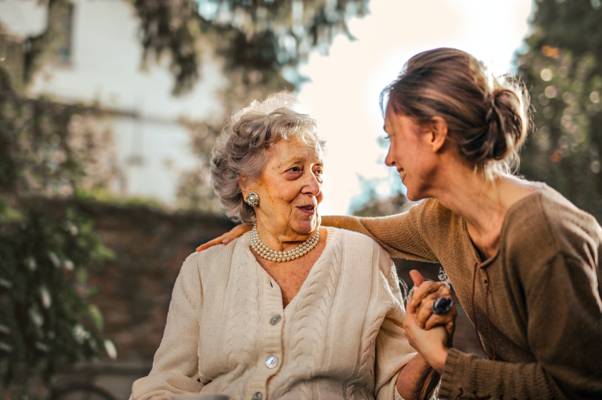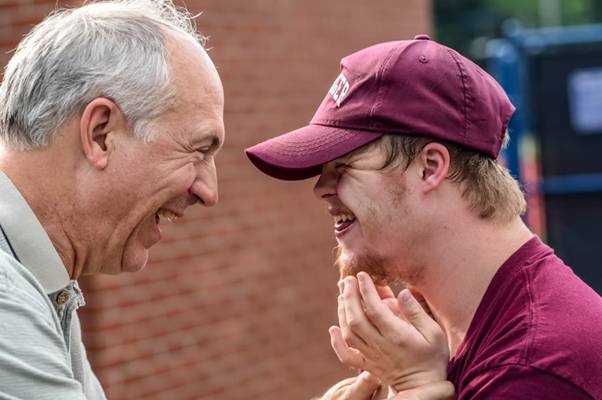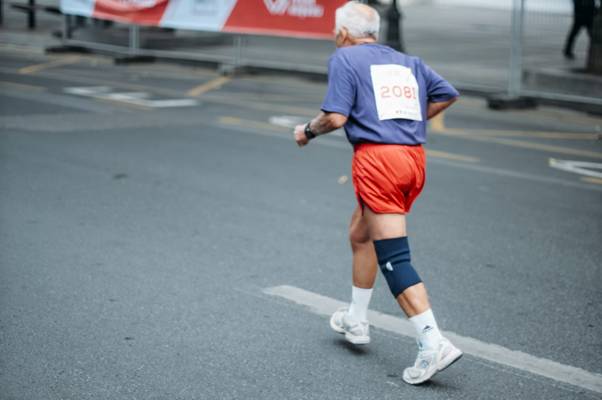Photo by Dominik Lange on Unsplash
People over the age of 18 with additional needs or needing help with physical and mental health can receive adult care, allowing them to continue their daily activities. Some may have a medical condition or a disability, which means they need support in some areas of their life.
As we age, maintaining a daily routine or general hygiene can increasingly become a challenge. Convincing a senior to seek outside help is a complex task. The seniors might feel that it compromises their dignity, privacy, or self-esteem.
We currently live in a world where disabled people have various options of support. Some might decide to get help from their homes, while others might seek adult daycare services. However, the home option is becoming more popular. More people realize that group homes or nursing homes aren’t the only places to receive quality adult care.
If you or a loved one has a disability that requires more care, adult care might be the best option. But there are essential things you have to keep in mind. They include:
Table of Contents
Personal Hygiene and Bathing

Maintaining good personal hygiene and bathing can prove difficult, especially for seniors. Not only is it physically strenuous to need hygiene help and bathing, but also emotionally challenging. The reason could be that they might feel embarrassed about a stranger bathing them. Here are the essential things to keep in mind while taking care of personal hygiene and bathing:
Use the right continence aids
Some seniors might have incontinence. They might have a challenge controlling their bowel functions or their bladders. It would be best to use suitable continence devices like incontinence briefs and clean or change them regularly to ease the risk of infection.
Establish a bathing schedule
Establishing a bathing schedule is an essential thing you’ll have to figure out. The seniors might not need to have a daily shower, but it depends on their health condition. Most adults mostly need a sponge bath and a two-to-three-time weekly bath. It would help to select a time and type of bath that suits the need.
General personal hygiene
A general personal hygiene regimen can include hair care, skincare, and shaving. It’s vital to keep the skin clean and dry as most seniors are prone to skin infections and bedsores, especially those with physical limitations. Keep the teeth clean by brushing at least once a day. Keep the hair short for easy maintenance.
Use a Medication Reminder

Many elders over the age of 65 need to take multiple medications regularly. It can be almost impossible for elders to manage a complex medication cycle with memory impairment and sensory decline.
Medication can be harmful when not used properly. A personal caretaker’s primary responsibility is to keep track of drugs. Here’s how they can use medication reminders:
Consulting the senior’s doctor or pharmacist
It would help to know the qualities of the prescribed medication. Talking to the doctor or the pharmacist might provide you with all the knowledge you seek about the medication’s benefits, alternatives, or risks.
Observe the prescription
It would help to ensure the elder take their medication as prescribed by the doctor without fail. A tool that might help to keep track of the drug is the pillbox. It’s a container with several rows that can help keep track of several types of medication daily for up to 14 days. Knowing how to use and fill a pillbox will help you keep track and take all medicines without fail.
Safety Supervision is Vital
As we age, there’s a greater risk of getting accidental injuries. The decline of nervous coordination, weak eyesight, and degeneration in bone density mostly lead to falls and fatal slips. Unfortunately, these incidences go unreported. A senior’s self-confidence might degrade even with a seemingly harmless falling incident.
Here’s how you can maintain safety:
- Decluttering
- Maintaining driveways and pavements
- Avoiding Stairs
- Eliminating Potential Hazards
- Keeping the house well lit
- Ensuring the floor is non-slippery
- Providing handrails or grab bars in different parts of the house
- Keeping assistance devices handy
- Regularly monitoring medications
A Need for Light Housekeeping
Regular housekeeping is essential to keeping the senior’s home comfortable and safe. However, it’s ideal to restrict it to light chores. It mainly involves cleaning sections the senior uses.
Examples of activities it might involve include:
- Sweeping, cleaning dishes, mopping, running the dishwasher, or taking out the trash from the kitchen
- Cleaning the bathroom sink, toilet, or cleaning tub with a disinfectant. It can also involve arranging cabinets or emptying trash.
Picking Up a Fitness Regime
The need for taking part in exercises is vital and increases significantly with the growing age. However, because of their physical limitation, most adults are unwilling to participate in any form of exercise. Despite this challenge, it shouldn’t be an excuse to avoid starting a fitness regime. It would be helpful to know how older adults can get started with exercise.
Types of Adult Care Exercises
You can incorporate various exercises, including stretching, endurance training, balancing activities, and strength training. Each of these exercises has its unique benefits, including:
- Exercises that stretch the joints improve joint mobility, like yoga and Tai Chi
- Training for endurance aims to increase blood circulation and to breathe—for example, cycling, dancing, water aerobics, or chair aerobics.
- Exercises that improve strength can reduce the effects of aging on muscles. For example, wall press, weight training, or chair dips.
Despite the health benefits you might get from these exercises, it would help to consult your doctor or physical therapist first.
Conclusion
With caring for adults, you need to treat them with a great deal of kindness. While we popularly thought it involved assisting with personal hygiene and nutrition, it instead involved much more. We hope these tips will help you provide comprehensive health care that will lead to a happier and healthier life for them.



